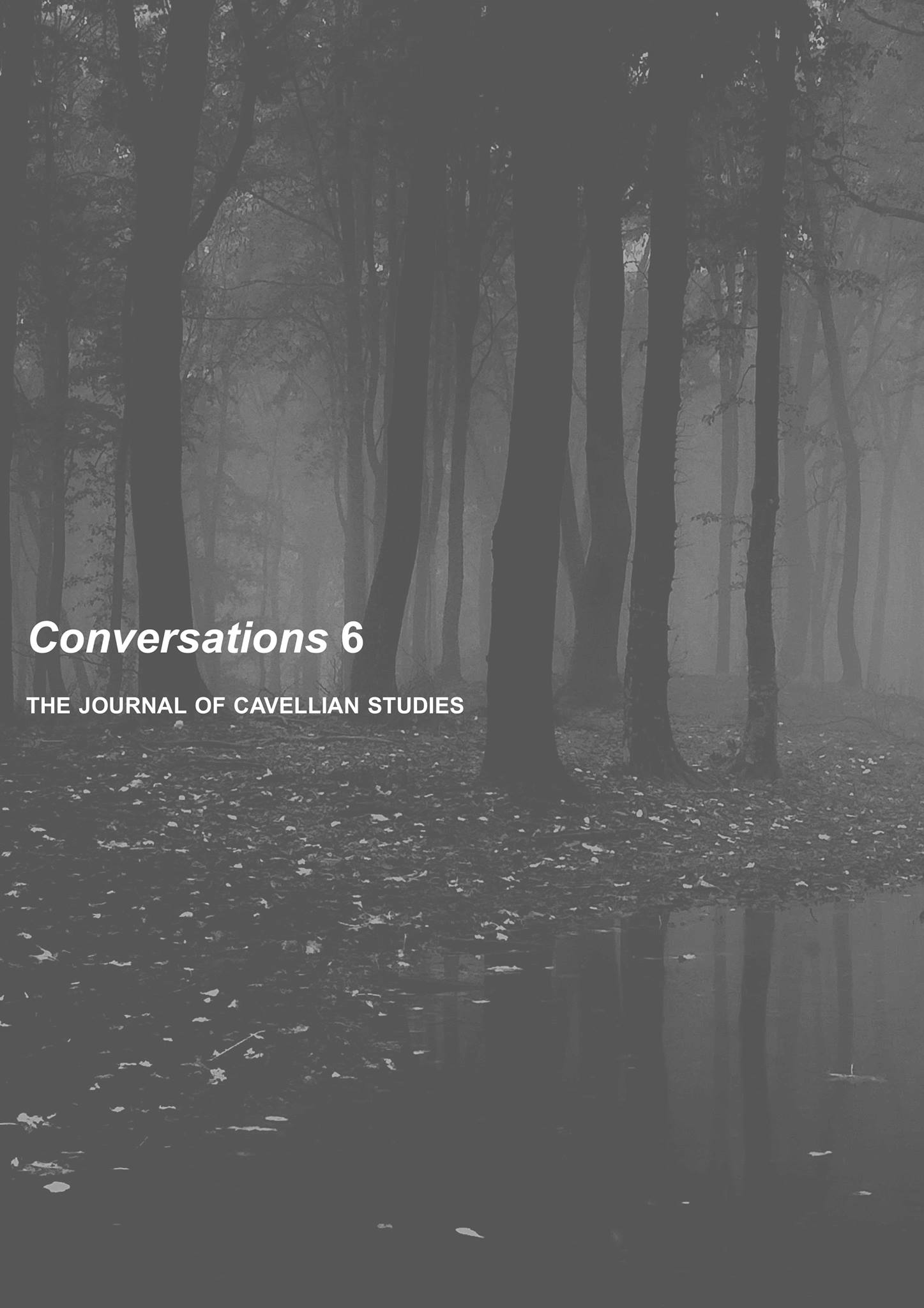Cavell and Critique
DOI:
https://doi.org/10.18192/cjcs.v0i6.4104Abstract
Stanley Cavell—my mentor and good friend—died on June 19, 2018, a week before I sat down to revise this tribute to him. I first presented these words in Cavell’s presence at a 2017 workshop at Tufts University on “Changing Politics: Conversations with Stanley Cavell.” I was then concerned with a crucial political dimension of Cavell’s thought that even admiring readers of his work sometimes overlook. This topic strikes me as, if anything, even more pertinent now. Within a day of Cavell’s death, obituaries began to appear in the U.S. and abroad, and a common theme was Cavell’s astonishing breadth as a thinker. He was, different papers reported, as eloquent and engaging on topics as various as Emerson and Thoreau, movies from Hollywood’s “golden age,” Shakespeare, Wittgenstein and Austin, what he called “the fact of television,” Heidegger, Kleist, Kierkegaard, Hitchcock and Beckett. It is certainly true that Cavell had a great range. At the same time, as Nancy Bauer, Sandra Laugier and I observed in a post in the New York Times philosophy blog, The Stone, there is an important political thread running through Cavell’s explorations of his many topics and questions, namely, a preoccupation with what it is to be a responsible participant in a democratic polis and, specifically, a democratic polis as brutally and profoundly imperfect as the United States of America. Cavell’s commitment to liberating, democratic politics was reflected in his actions beyond his writings, with some of his political endeavors described in his autobiographical tome Little Did I Know and others recorded in the work of his students and friends.

